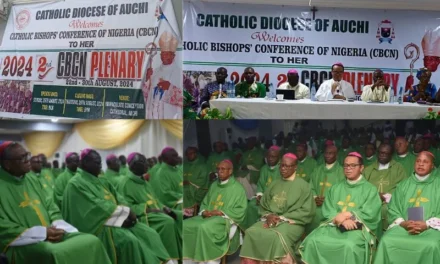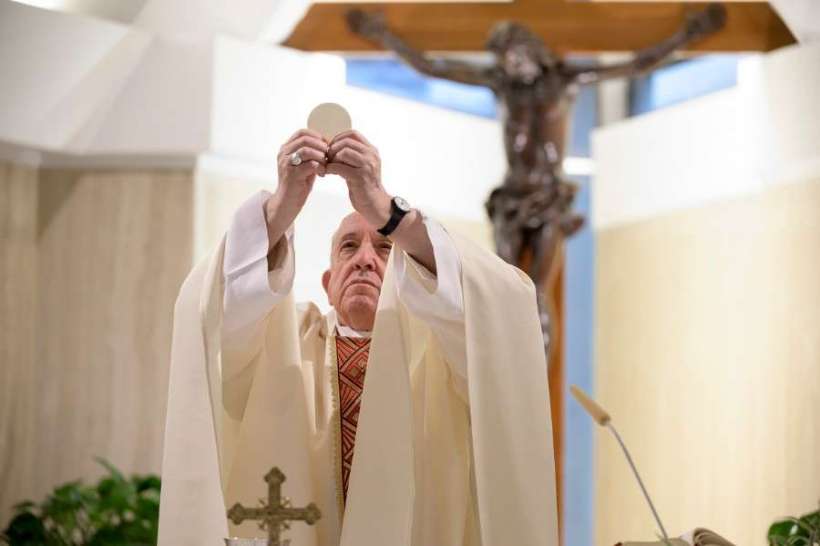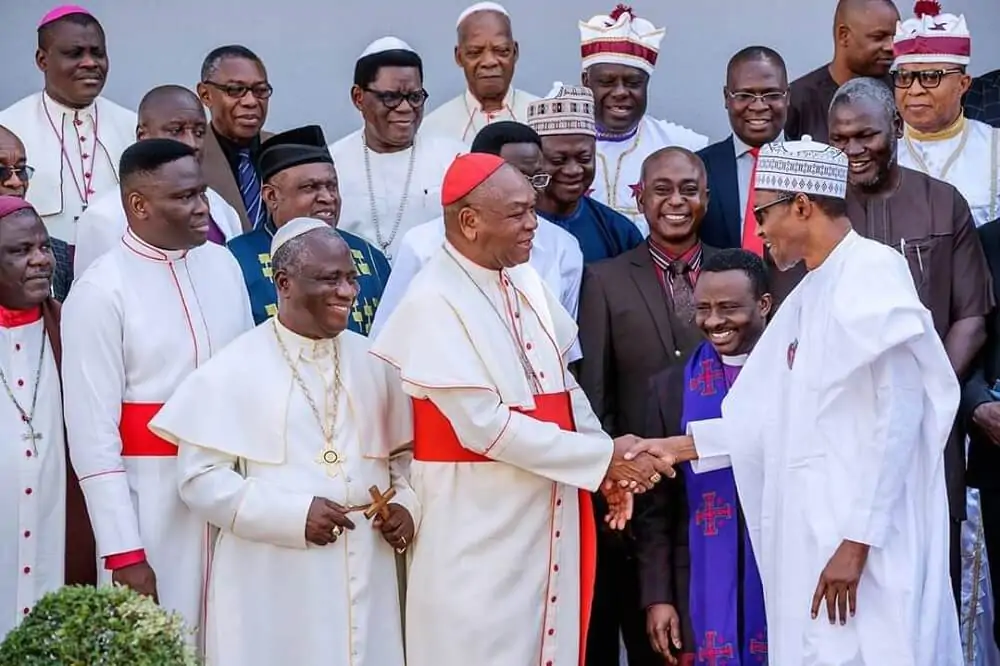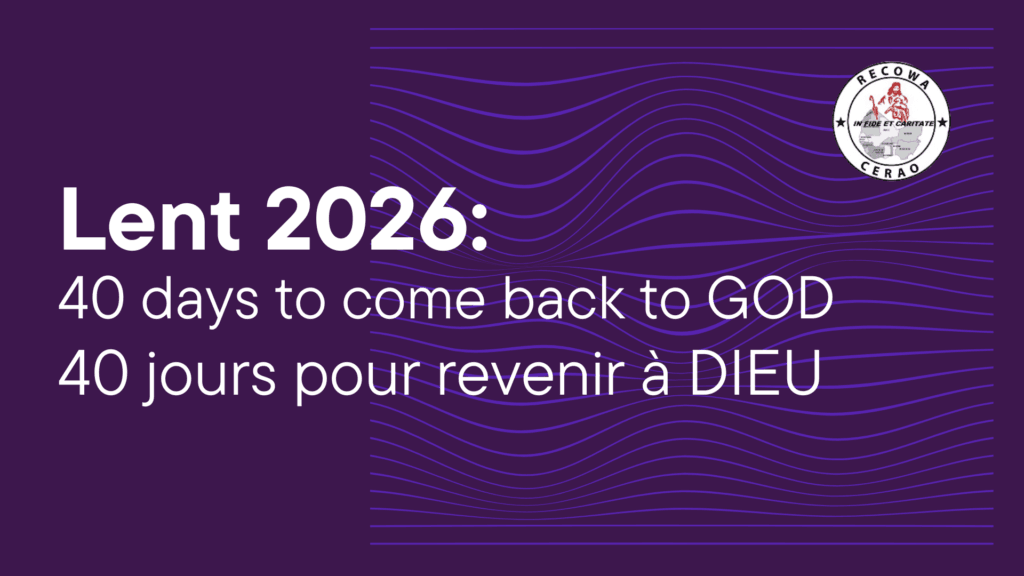Senegal, a country with a rich history marked by encounters between peoples and cultures, has become over the centuries a model of tolerance and diversity. From the first contacts with foreign civilizations, the country has forged an identity based on the mixing of ethnic groups and families, creating a breeding ground for the harmonious coexistence of communities. Today, Senegal shines with its spirit of religious tolerance and mutual respect between different faiths. A reality highlighted by Salesian missionaries on the occasion of the recent visit of Father Alfred Maravilla, General Councilor for Missions. As they indicate in their report reported by the correspondent of RECOWACERAO NEWS AGENCY (RECONA), Senegal is an eloquent example of interreligious dialogue, where the Muslim majority coexists peacefully with other faiths. Indeed, 97.2% of the Senegalese population is Muslim, while 6% follow traditional African religions, and Christians, mainly Catholics, represent about 2%.
What particularly distinguishes Islam in Senegal is the influence of the Sufi brotherhoods, to which nearly 95% of Muslims belong. These Sufi orders advocate peace, tolerance and respect for others, values that have become the pillars of Senegalese society. Father Maravilla, originally from the Philippines and a former missionary in Papua New Guinea, emphasized the friendship and mutual respect that characterize the relations between Christian and Muslim religious authorities in the country.
Since the arrival of the first Catholic missionaries, Salesian schools have always been open to welcoming Muslim students, thus promoting an education where dialogue and religious tolerance are at the heart of interactions. These solid foundations have helped to establish a climate of peace between the two communities, an inspiring example for other regions of the world where interreligious tensions are still high.
During his visit to Senegal, Father Maravilla encouraged the Salesians to continue their efforts to strengthen the dynamic coexistence between Christians and Muslims through educational and social initiatives. Salesian schools, training centers and oratories have become, over the years, places of exchange where young people of different faiths learn to know each other, to respect each other and to build together a future of peace.
Senegal, through its history and its societal choices, embodies today a lesson in peaceful coexistence, where diversity is not a source of division, but a richness that unites hearts.
- CATHOLIC ARCHBISHOP IN GHANA HAILS POPE LEO XIV AS GOD’S GIFT - 23 mai 2025
- POPE LEO XIV TO APPROVE CANONIZATIONS - 22 mai 2025
- THE EVOLUTION OF PAPAL TRANSPORTATION - 20 mai 2025







